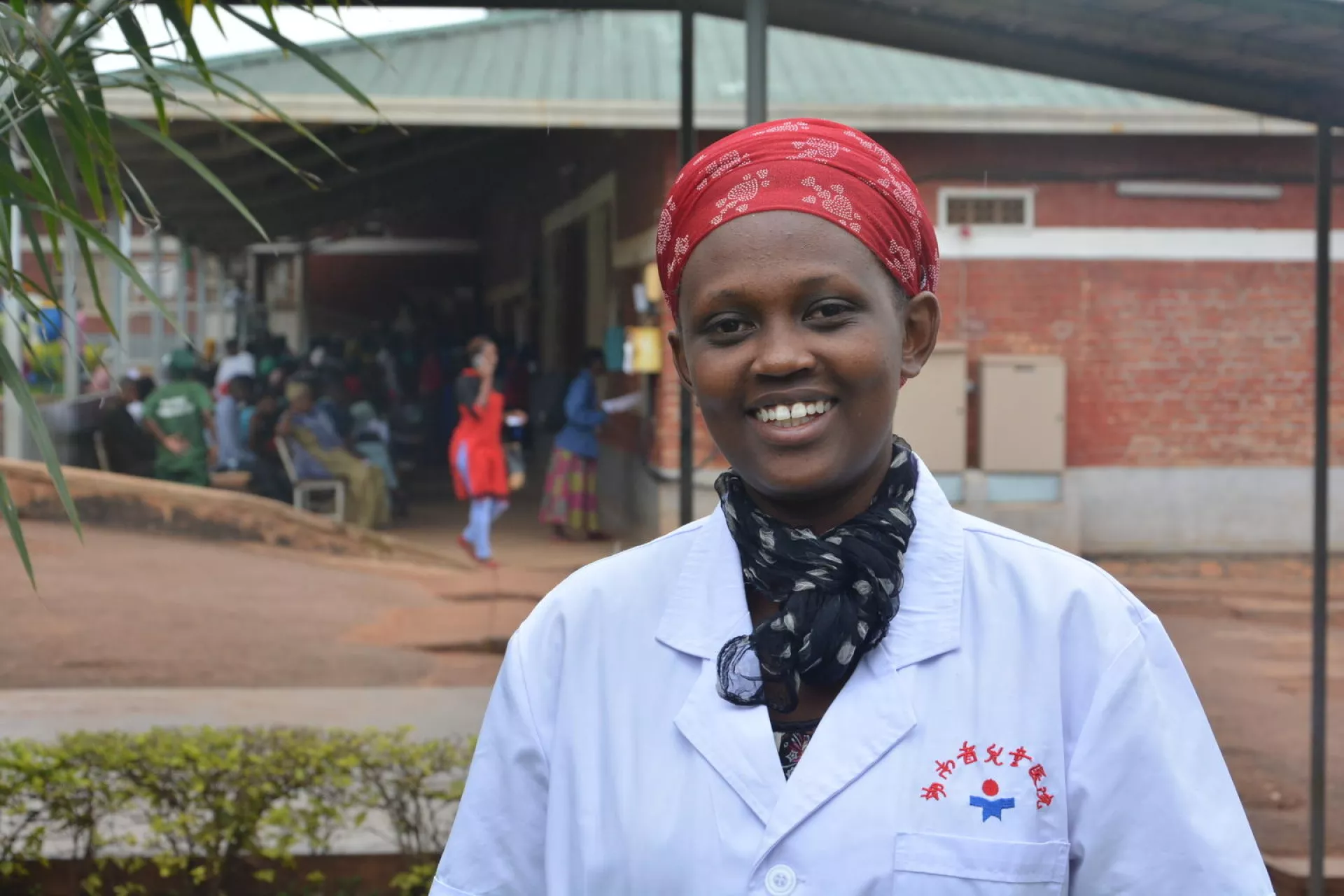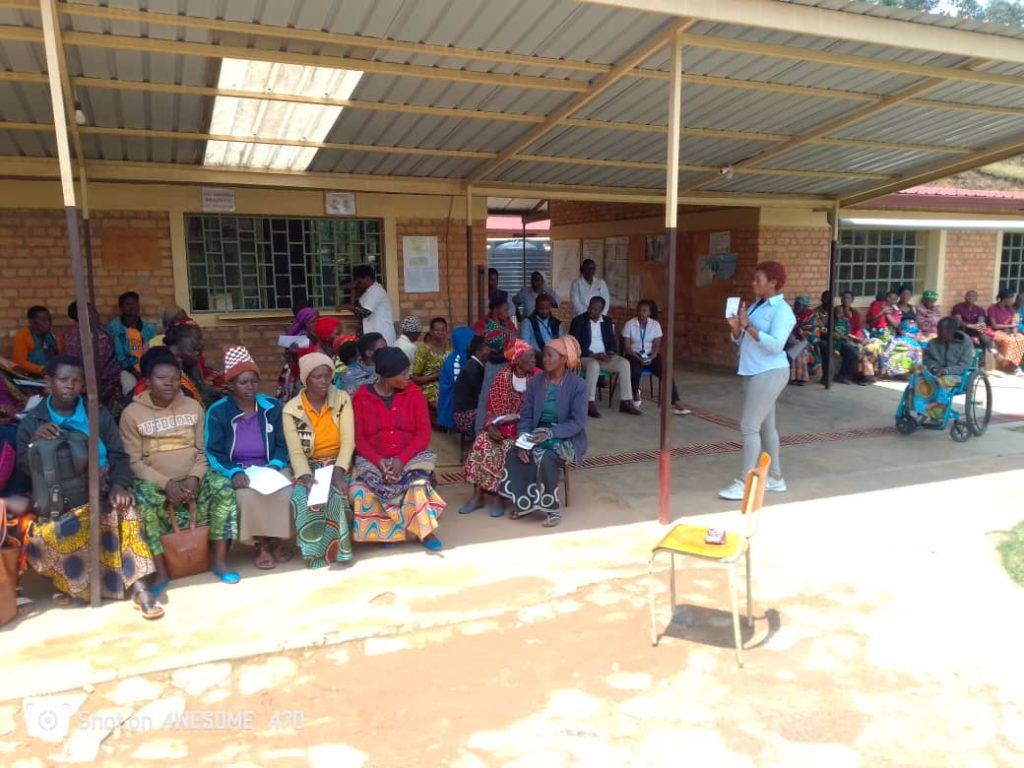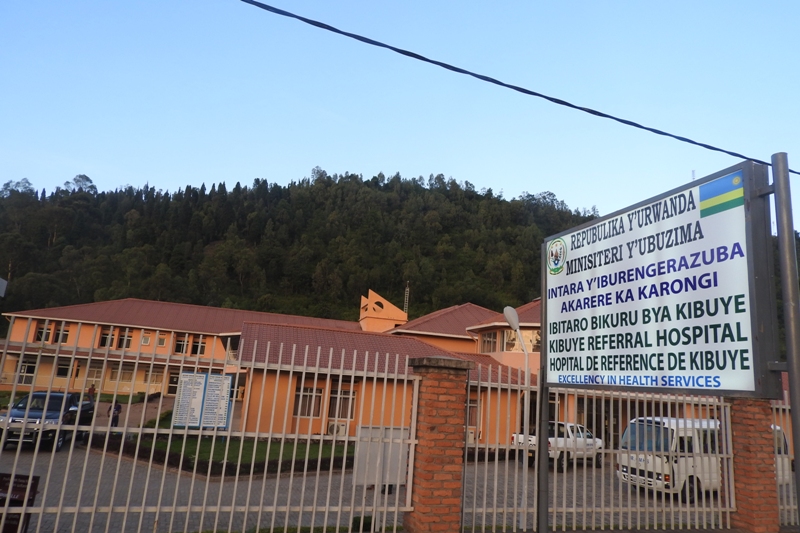By Kamikazi Kamanzi Deborah, Sano Boris, Muhimpundu Esther, Icyeza Laura Anaella
Before sunrise, residents of Bwishyura sector line up outside the small community health post that serves as the primary healthcare point for the area. By the time doors open, more than a dozen patients are already waiting, some needing urgent transfer to Kibuye Referral Hospital due to severe conditions.
“We see up to 120 patients a day, but this post can only accommodate about forty,” Grace says. “Many illnesses here are preventable, yet the main hospital remains crowded because people repeatedly fall sick due to water issues.”

Challenges in Karongi reflect broader trends in Rwanda’s Western Province, where steep terrain and proximity to Lake Kivu complicate access to clean water and basic healthcare. While Kibuye Referral Hospital provides advanced care for the district, local clinics struggle to prevent diseases at the community level.
Last month, local health posts recorded a surge in waterborne infections. Residents often queue at communal water points, and when pumps fail, families rely on lake water.
“We wake up before dawn to fetch water,” says Jeanette Uwimana, a mother of three. “When the pump breaks, we use lake water, and the children fall sick. This year, I’ve already taken my youngest twice to Kibuye Referral for dehydration.”
According to the 2020 Rwanda Demographic and Health Survey, diarrheal disease remains a leading cause of child morbidity in the Western Province. Dr. Emmanuel Habimana, a specialist at Kibuye Referral, says the strain on hospitals stems from gaps in community-level healthcare.
“Repeated infections contribute to chronic malnutrition and stunted development,” Dr. Habimana explains. “We treat the severe outcomes here, but the solution is stronger water systems and hygiene education before patients reach us.”
Authorities say measures are underway to address the gaps. Plans include upgrading water filtration systems near the lake and expanding local posts to handle maternity cases, freeing beds at Kibuye for critical care. Officials expect the new water infrastructure to reduce waterborne disease cases by about 40 percent.

Residents are also taking action. Youth groups organize monthly lake-shore cleanups, while mothers’ associations hold workshops on proper water boiling techniques.
“We help ourselves where we can,” Uwimana says. “We are lucky to have a large hospital nearby, but we need to prevent sickness in the first place. Our children deserve that chance.”
From the village health post to Kibuye Referral, medical staff continue to manage rising demand. The success of these efforts depends on combined investment in infrastructure, education, and community engagement, alongside the determination of Karongi residents.




